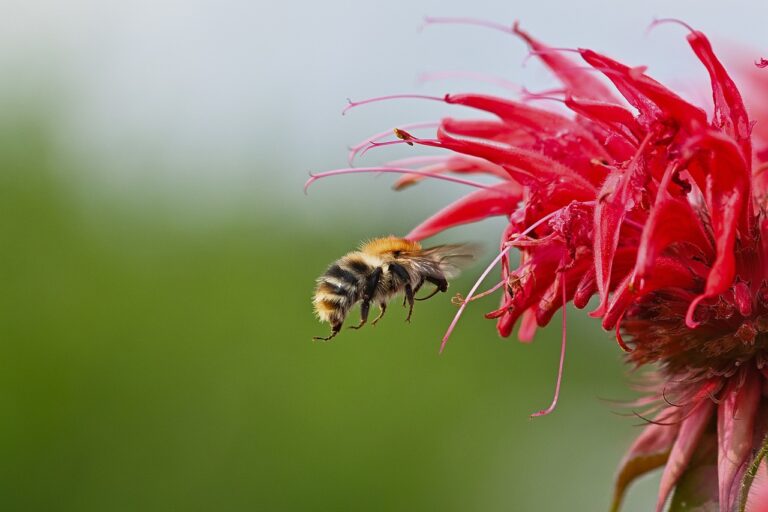Leveraging Mobile Technology for Real-Time Election Monitoring: Allpaanel mahadev book, Mahadev book login id and password, Online cricket id
allpaanel mahadev book, mahadev book login id and password, online cricket id: Leveraging Mobile Technology for Real-Time Election Monitoring
In today’s digital age, the use of mobile technology has become increasingly prevalent in various aspects of society, including politics. With the rise of smartphones and mobile apps, real-time election monitoring has become more accessible and efficient than ever before. By leveraging mobile technology, election officials and stakeholders can track voting patterns, monitor polling stations, and ensure transparency in the electoral process.
Mobile technology has revolutionized the way election monitoring is conducted. By using mobile devices, election observers can capture and report data in real-time, allowing for immediate analysis and response. This not only speeds up the monitoring process but also enhances the accuracy and reliability of the information collected.
Here are some ways in which mobile technology can be leveraged for real-time election monitoring:
1. Data Collection: Mobile apps can be used to collect data on voter turnout, irregularities, and any incidents that may occur during the election process. This data can then be analyzed to identify trends and patterns, helping to ensure the integrity of the election.
2. Monitoring Polling Stations: Mobile technology can be used to monitor polling stations and track the voting process. Election observers can use mobile devices to report on the conditions at polling stations, the behavior of election officials, and any issues that arise during the voting process.
3. Geotagging: Mobile apps can utilize geotagging features to track the location of observers and incidents in real-time. This allows for a more accurate and efficient response to any issues that may arise during the election process.
4. Communication: Mobile technology enables seamless communication between election observers, stakeholders, and the general public. By using messaging apps and social media platforms, real-time updates can be shared, increasing transparency and accountability in the electoral process.
5. Data Visualization: Mobile apps can be used to create visualizations of election data, helping to identify patterns and trends more effectively. This can aid in decision-making and planning for future elections.
6. Remote Monitoring: Mobile technology allows for remote monitoring of elections, enabling observers to track voting patterns and incidents from anywhere in the world. This increased flexibility makes it easier for stakeholders to participate in the monitoring process.
In conclusion, the use of mobile technology for real-time election monitoring has the potential to revolutionize the way elections are conducted. By leveraging mobile apps and devices, election officials and stakeholders can ensure transparency, accuracy, and accountability in the electoral process. As technology continues to evolve, the possibilities for real-time election monitoring are endless.
FAQs:
Q: How secure is the data collected through mobile technology?
A: Data collected through mobile technology is encrypted and secure to ensure the integrity of the election monitoring process.
Q: Can mobile technology be used in all countries for election monitoring?
A: Mobile technology can be adapted for use in various countries, as long as there is access to smartphones and a reliable internet connection.
Q: What are the main benefits of using mobile technology for real-time election monitoring?
A: The main benefits include faster data collection, increased accuracy, improved transparency, and better communication among stakeholders.







